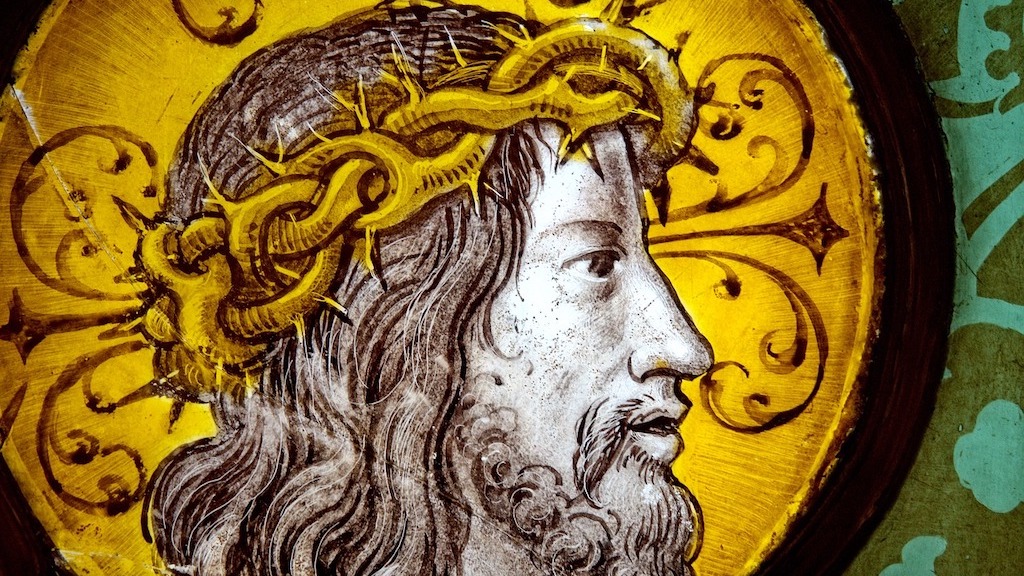Biblical Reflection “Father Forgive Them…”
“And Jesus said, ‘Father, forgive them, for they do not know what they do” (Luke 23: 34)
The heart of our Christian faith is God’s love and grace. He forgives us our sins and offers us new life and a bright future prospect. We believe this and we confess it. We celebrate it in our church services and sing it in our songs. When it comes to Jews and Israel, on the other hand, we tend to think in terms of criticism and condemnation. We have blamed them for everything, even the death of Jesus. When Israel is mentioned, feelings of criticism rather than love and grace bubble up in us.
“In Isaiah 53: 12 it becomes clear that the prayer and atoning suffering and death of Jesus extends to ‘many’”
When Jesus is crucified, He says: “Father, forgive them, for they do not know what they do”. Would He only be referring to those soldiers, who had no choice but to follow the orders of their commander? Or would the scope of Jesus’ prayer for forgiveness go much further? And include everyone involved in His death? When Isaiah prophesied centuries before about the suffering Servant of the Lord, he wrote: “and He bore the sin of many, and made intercession for the transgressors” (Isaiah 53: 12). Here it becomes clear that the prayer and atoning suffering and death of Jesus extends to ‘many’.
The writer of Hebrews says: “Therefore Jesus also, that He might sanctify the people with His own blood, suffered outside the gate” (Hebrews 13: 12). Jesus did not suffer to condemn His own Jewish people, but rather to sanctify them. The long-held perception that Jews face judgment and we face grace and forgiveness is deeply rooted in the hearts of many Christians. Let us put an end to this once and for all. In God’s love and mercy, the following applies: first the Jew, then the Greek! Or according to the Jewish apostle John: “And He Himself is the propitiation for our sins, and not for ours only but also for the whole world” (1 John 2: 2).






